4 different ai tools that you can use instead of ChatGPT
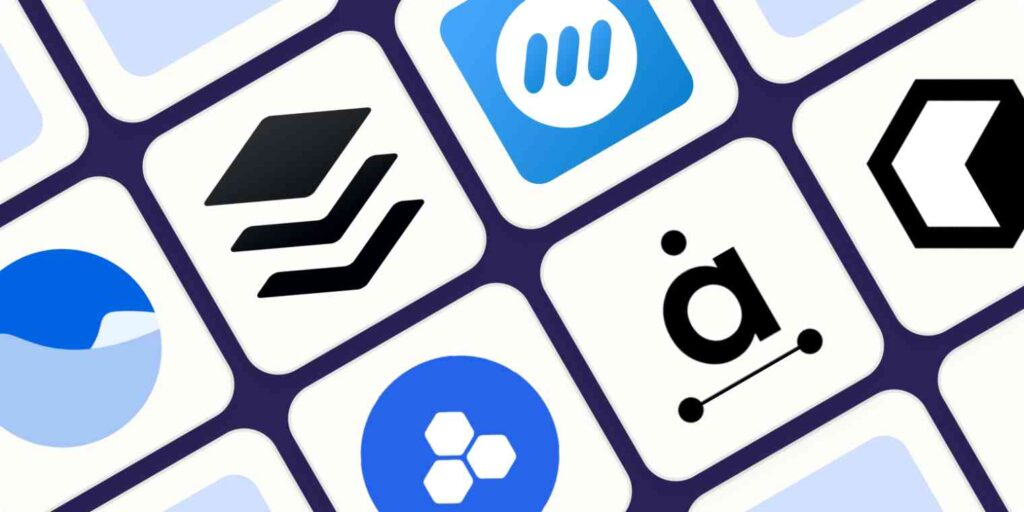
ChatGPT, a production of OpenAI, has been making a name for itself with its functionality lately. Technology and software companies have started developing artificial intelligence robots similar to ChatGPT. These 4 different applications that you can use as alternatives offer similar features.
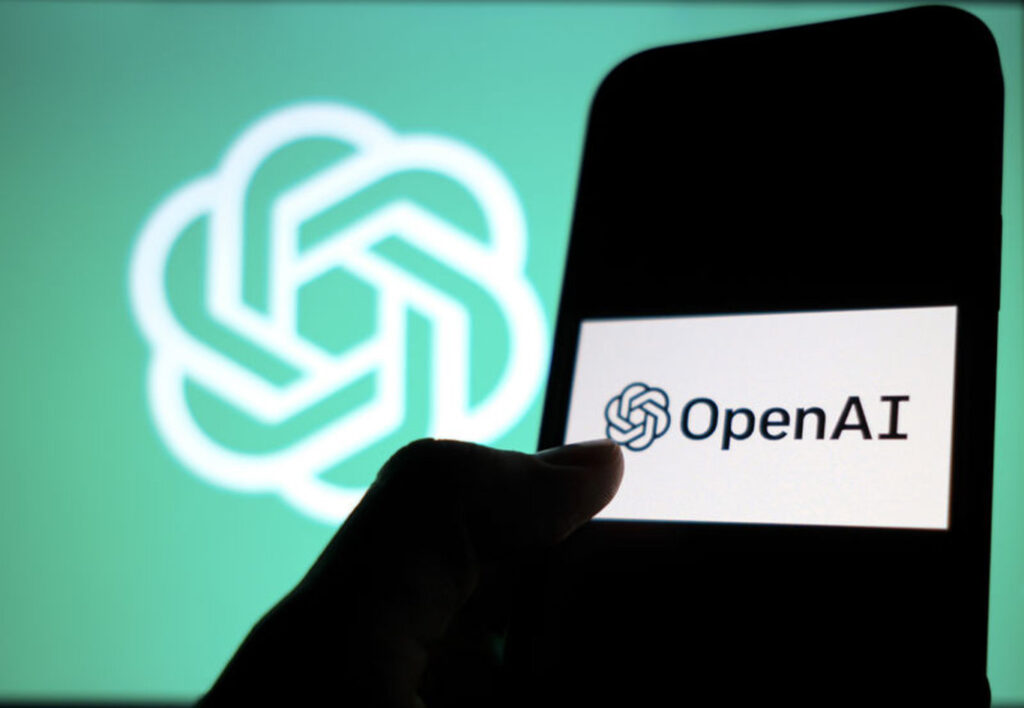
Third-party developers can integrate ChatGPT into applications and services they develop, allowed by OpenAI via API. For this, the company has released Whisper’s API model, which converts speech to text.
Currently, companies like Snap, Quizlet, Instacrat, and Shopify are using this technology. Along with this, ChatGPT alternatives started to come to life.
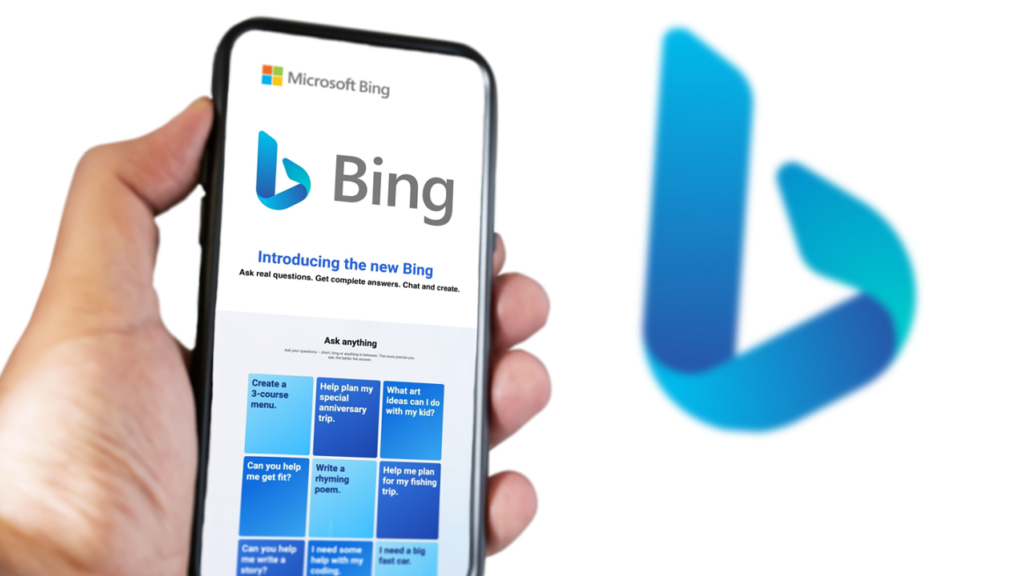
BİNGCHAT
Microsoft has integrated OpenAI’s GPT-4 model into Bing. Thus, Bing’s search engine began to offer a ChatGPT-like experience. In addition, the company has also released the Edge browser, which has new artificial intelligence features, with a new version.
Unlike ChatGPT and other GPT models, the artificial intelligence supported Bing search engine works directly through the search interface. Unlike ChatGPT, Bing can get news about recent events.
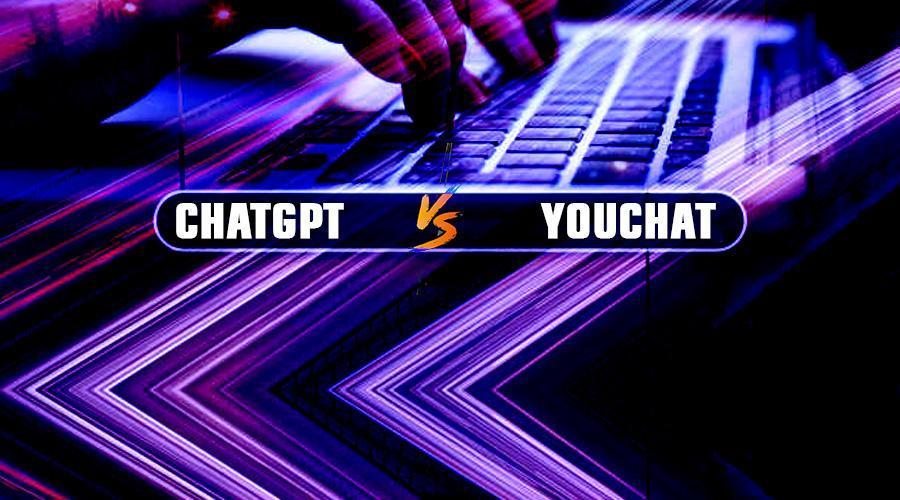
YOUCHAT
You.com, one of Google’s competitors, is an artificial intelligence assistant similar to ChatGPT. Unlike ChatGPT, YouChat solves problems by making logical inferences. Users can also direct their queries to YouChat while making their queries over You.com.
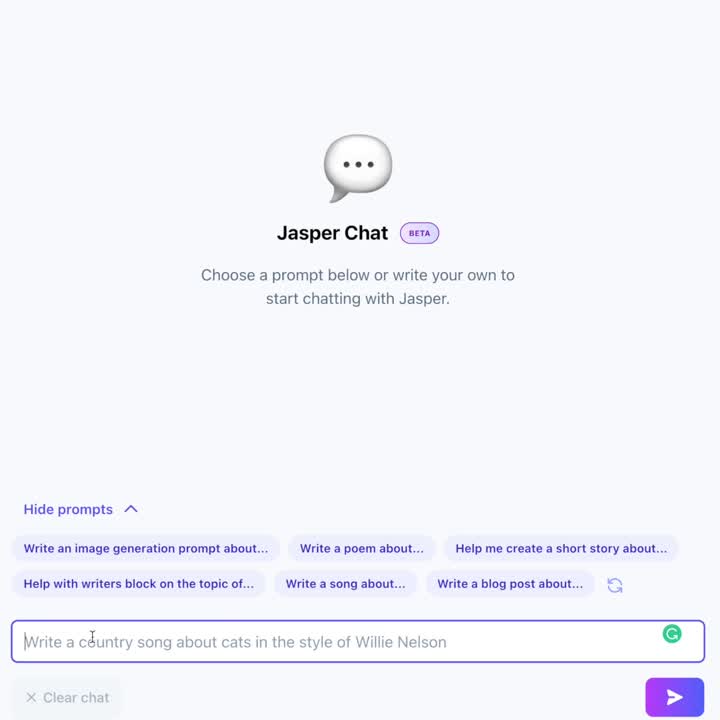
JASPERCHAT
Instead of acting on JasperChat commands, you can talk directly with artificial intelligence. The company says you can improve responses with every interaction. OpenAI, which created ChatGPT, is positioned as a partner of Jasper. Instead of competition, there is partnership. 🙂

CHARACTER.AI
Character.AI, unlike JasperChat, is an artificial intelligence that lets you chat with well-known people from Queen Elizabeth to Elon Musk. You can chat with the characters of famous people who are alive or no longer with us. Likewise, you can chat with prominent extras in the game world.
Apart from the tools we have mentioned, there are many tools available. From today on, artificial intelligence tools seem to take place in a large part of our lives.
Is ChatGPT the best AI?
As an AI language model, ChatGPT is a highly advanced tool that has been developed using state-of-the-art machine learning techniques and natural language processing algorithms. However, whether or not it is the “best” AI tool depends on the specific use case and context in which it is being used.
For example, ChatGPT is designed to provide conversational responses to a wide range of user inquiries, but it may not be the best choice for tasks such as image recognition, speech recognition, or data analysis. Additionally, there are other language models that may be better suited for certain use cases, depending on factors such as the size of the training data, the specific domain knowledge required, or the level of accuracy needed.
Ultimately, the “best” AI tool will depend on the specific needs and goals of the user, and may vary from project to project. It’s important to evaluate different AI tools based on their capabilities, performance, and suitability for the task at hand before making a decision.
What is the alternative to ChatGPT?
There are many alternatives to ChatGPT, depending on the specific use case and requirements. Here are some examples of other language models that can be used as alternatives:
BERT (Bidirectional Encoder Representations from Transformers): A language model developed by Google that uses a transformer-based architecture to understand the context of words in a sentence.
ELMO (Embeddings from Language Models): A language model developed by Allen Institute for Artificial Intelligence (AI2) that uses a deep bi-directional LSTM (Long Short-Term Memory) architecture to generate word embeddings that capture the context of the words.
GPT-2 (Generative Pretrained Transformer 2): A language model developed by OpenAI, similar to ChatGPT, that generates natural language text based on input prompts.
Transformer-XL: A language model developed by Google that uses a transformer-based architecture and is designed to generate longer text sequences than traditional transformer models.
RoBERTa (Robustly Optimized BERT Pretraining Approach): A language model developed by Facebook that is an optimized version of BERT, with modifications to the training data and hyperparameters that result in better performance on a variety of language tasks.
These are just a few examples of the many language models available as alternatives to ChatGPT. The choice of language model will depend on the specific requirements of the project, the available training data, and the level of accuracy and performance needed.